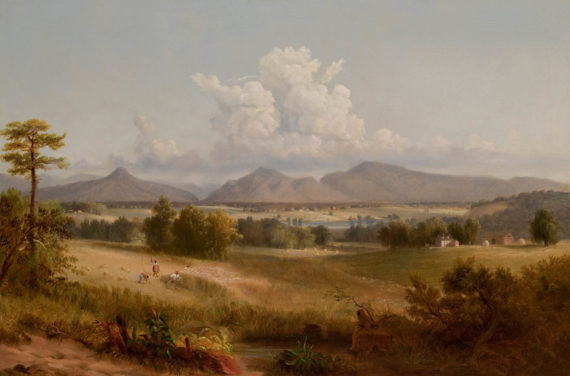
On the cultural front, a great compromise was forged whereby the South was allowed to praise and honor her war heroes as long as they conceded that the war’s outcome was for the best and part of the higher destiny to which the United States was called. (I've never heard this before and is erroneous.)
In the popular imagination the South is viewed as a region typified by racism, poverty, and ignorance save a few special islands, such as Chapel Hill and Charlotte, which lay in the archipelago of enlightenment. There are some cracks in this edifice of Yankee bigotry, but when political and cultural wars become heated, the edifice is trotted out once more to remind the American people as to who wears the white hats and who wears black. None of this, of course, conforms to the far more complex reality from which Southern culture and identity emerged.
Before examining the commonalities that give coherence to the South, it is crucial to understand the important realities of ethnic and cultural diversity that have always been a hallmark of the region. Of the eleven American nations scholars have identified, five are located in the South: the Tidewater, Greater Appalachia, the Deep South, New France, El Norte, and the Spanish Caribbean. There is not one Southern accent, but at least eleven different regional dialects. The South is also home to at least five major culinary traditions. There is no doubt that the peoples of the British Isles have left the deepest cultural imprint upon the South, but crucial contributions to Southern culture and tradition have also been made by people of African, German, French, and Spanish descent. Here is true diversity, not the current pretend variety where a community celebrates differences, as long as everyone thinks and acts within a rigid ideological template.
More @ The Abbeville Institute

No comments:
Post a Comment